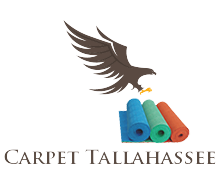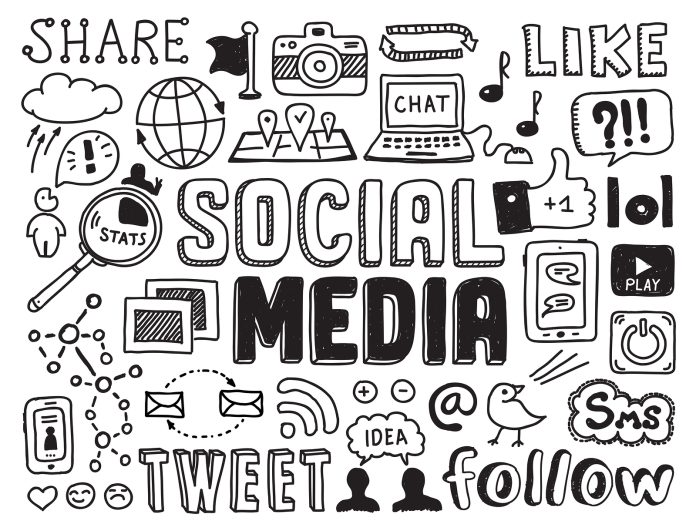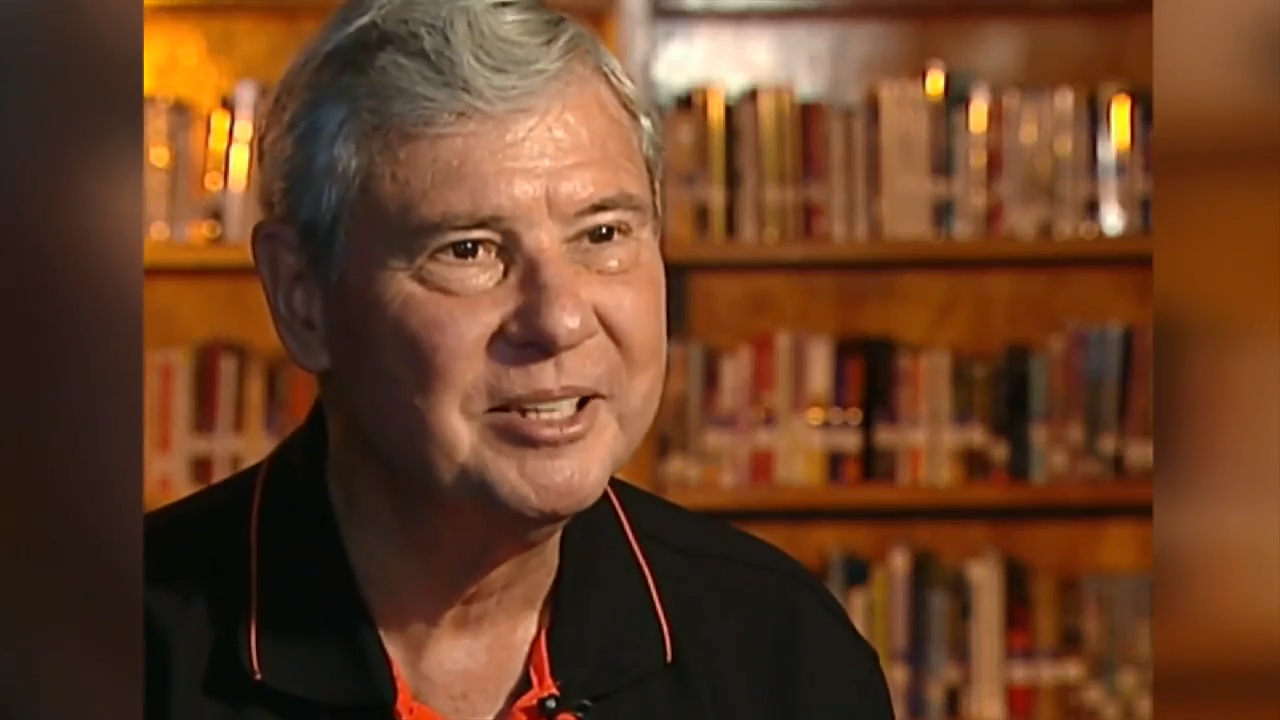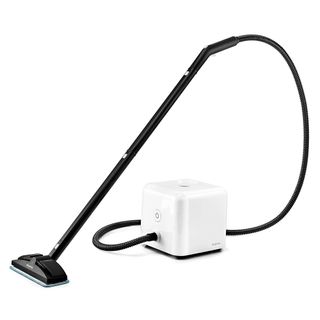
Rachel D’Souza-Siebert
Visitor Put up by Rachel D’Souza-Siebert, MPPA
Early in my nonprofit profession, I realized that the job of a fundraising skilled was securing sources to obtain a monetary purpose that may serve my employer. I had a accountability to use no matter was at my disposal to construct (lower than) transformational relationships with donors. My job was to keep relationships with (largely white) individuals with cash to fund my group’s work, yearly. Month-to-month, the board reviewed stories that targeted on {dollars} obtained, {dollars} pledged, and {dollars} raised. Thus, my donor-centric observe of fund growth actually revolved round my notion of the place energy and affect existed: the wishes and can of the board, management of my group, and the group’s donors.
I didn’t consider myself as an actor with energy. Maybe much more telling, I didn’t even consider these we served as actors with energy. My early understanding of my work had nothing to do with confronting historical past and altering methods. I labored in an institutional silo to advance an area scope of labor and cut back hurt.
Within the final 15 years, I’ve come to acknowledge my energy and affect to help change. The community-centric fundraising motion calls fundraisers to reclaim and stand in our personal energy and wield it to the benefit of those that haven’t and don’t profit from the oppressive buildings of colonialism, patriarchy, white supremacy, heteronormativity, and ableism.
So, what does it seem like to start remodeling your growth observe within the context of group centric fundraising? Listed here are some beginning factors I’ve tried out to convey the rules to life:
Reflection + Training
As I’ve shared earlier than, actions don’t occur due to one individual, group or group. It takes all of us, with all our lived expertise, to drive change. After we change the foundations, we should talk this and produce our stakeholders alongside.
We will use a gathering or retreat, led by an outdoor facilitator, to mirror:
- Is our work knowledgeable by and oriented round communities?
- To whom are we accountable?
- Is our group’s board and management prepared and prepared to useful resource the transformation of our group’s fund growth efforts?
- Are we prepared to have interaction our closest donors in conversations past the “feel-good” lunch-and-learns or cultivation occasion? Can we belief that uncomfortable conversations and sitting with uncertainty may lead to the best success of our group?
- Are we prepared to replace and remodel our function, imaginative and prescient, mission and values to align with what we hear from our mission stakeholders?
- Are we prepared to compensate our mission stakeholders for his or her time and knowledge?
After which, make area to dream along with your stakeholders. Ask open ended questions: How can we get to a actuality the place this group is not wanted? What ought to we be doing in a different way? How do I need to be part of this work?
Improvement Planning
First issues first: title what it’s that you’re doing. For those who determine you need to infuse CCF rules into your work, make a case for it. Write down the solutions to the next questions: How will this profit my group? Our numerous stakeholders? The place will we strive new issues or take dangers? The place will we transfer slower? How will we meet our targets? What obstacles or roadblocks ought to we situation plan for?
This work is not going to occur efficiently by way of the actions of 1 individual.
What’s your idea of change? Fill within the blanks:
If XXX group commits to YYY community-centric actions, then we could have an abundance of dedicated sources to obtain ZZZ.
What are your core values and guiding rules? Do your group’s values help and amplify the event observe you search to undertake? How do these values present up in your useful resource growth actions?
Donor Engagement
Transparency + Communication
An open, multi-channel line of communication is significant to constructing transformative relationships. Ask questions to search understanding. LISTEN. Replicate on what they’ve shared and combine their ideas into your CCF observe.
Advocacy + Storytelling
We should advocate for our values, our organizations, our mission, et cetera, and construct these advocacy practices into our communications. Check out the advocacy platforms of Impartial Sector and The Nationwide Council of Nonprofits.
Donor Recognition
It’s time to *gasp* shift award from the standard hierarchical construction of donor and reward recognition.
- Can we have a good time teams of donors collaboratively funding causes and organizations?
- How can we create processes for donor recognition and stewardship outdoors the standard white-centric boundaries?
- The place can we step out of the way in which in our position as “gatekeeper” and provide group and donors alternatives to construct their very own relationships How can we guarantee these alternatives are neither dangerous nor tokenizing?
Collaborative Fundraising
It’s not sufficient to give attention to our group’s singular mission or imaginative and prescient. We can’t proceed to consider the fear-mongering of shortage mindset. Improvement professionals should boldly embrace an abundance mindset and a group asset-based method. Which means that as a fundraiser, our obligation doesn’t finish with a dedication to our employer and even the occupation itself – as stewards of an abundance of sources, we should arrange sources round shared imaginative and prescient. That doesn’t cease after we hit our group’s finances targets.
Collaborative fundraising might seem like:
- Co-hosting a fundraising occasion with different nonprofit companions
- Setting apart funds to be re-distributed or re-granted to organizations who’re companions in your imaginative and prescient
- Cross-promoting organizations with shared values throughout alternatives like Giving Days or with your personal donors or funding companions
- Saying no or taking a step again from a funding alternative when it could higher serve one other effort or group
As with all developments throughout our sector, we are able to theorize concerning the deserves of or debate community-centric fundraising from right here to eternity. Or, we are able to step again and acknowledge that if we proceed to do issues the way in which we now have all the time completed them, we’ll by no means obtain our mission or imaginative and prescient. In my a few years on this sector, I’ve by no means met a fundraiser who joined this occupation whereas proclaiming “I’m so excited to change nothing concerning the world.” I consider community-centric fundraising is the primary chapter in an entire new dialog concerning the world-changing fundraisers might and may do.
It’s time to choose a spot and dive in. The place will you begin?
Rachel is a proud life-long resident of St. Louis, Missouri. Born to mother and father who immigrated to the united statesA from India, Rachel has all the time been captivated with bridging variations and celebrating what’s potential by way of a mindset of abundance, (un)studying and risk-taking. Her dedication to justice and addressing inequity was cemented by way of the Nationwide Convention on Community & Justice’s Anytown Youth Management Institute which Rachel attended when she was simply 17. Upon acquiring her grasp’s diploma in Public Coverage Administration from the College of Missouri-St. Louis, Rachel left her place in for-profit retail management to be a part of the nonprofit sector. In her early nonprofit roles, Rachel developed each a deep dedication to and a critique of fundraising and philanthropy throughout the St. Louis area.
In 2015, Rachel based Gladiator Consulting, a boutique consultancy with a holistic method to nonprofit organizational capability constructing. By Gladiator, Rachel has mixed her data of Organizational Tradition & Useful resource Improvement together with her deep private dedication to centering group, looking for justice and creating belonging for many who have been disenfranchised or focused by establishments, methods and coverage. She is dedicated to bringing this attitude to all of Gladiator’s purchasers and consumer initiatives have ranged from constructing useful resource growth methods with an fairness lens to situation and precedence planning to operationalizing fairness + accessibility inside establishments. Rachel additionally holds the position of Justice Philanthropy Catalyst with Ahead By Ferguson, the group shaped to keep it up the work of the Ferguson Fee. Rachel approaches potential initiatives with a “What if” mindset and has a tough time saying no as soon as she’s reimagined what’s potential!
In 2020, the St. Louis Enterprise Journal honored Rachel with their Numerous Enterprise Leaders Award. She at the moment sits on the Affiliation of Fundraising Professionals of Better St. Louis board, the 501c4 board of LeadMO. and the Community Advisory Board of 9 Community. She is a proud Management St. Louis Alum and an ongoing participant in Crossroads’ Understanding & Analyzing Racism Workshop (ABAR). As a member of the Community-Centric Fundraising International Council Transition Group and Speaker’s Bureau, Rachel enjoys contributing her perspective and sharing her accomplishments with fundraisers and nonprofit professionals throughout the nation.
After surviving a post-partum SCAD coronary heart assault a decade in the past, Rachel facilities her well being and wellbeing throughout her private {and professional} commitments. Rachel and her household make their house within the Shaw neighborhood of St. Louis, Missouri. She loves cooking, snuggling her two kids, Peloton, and Instagram.











